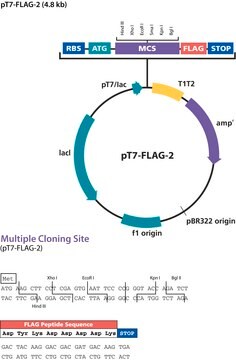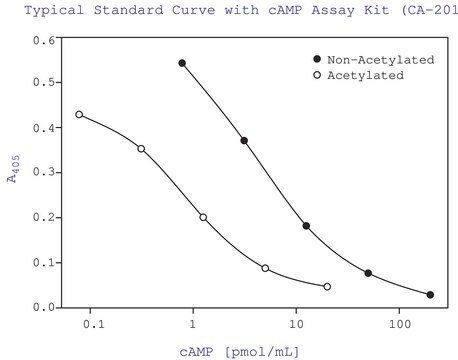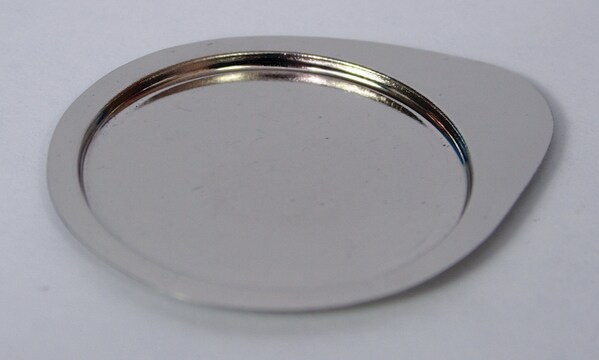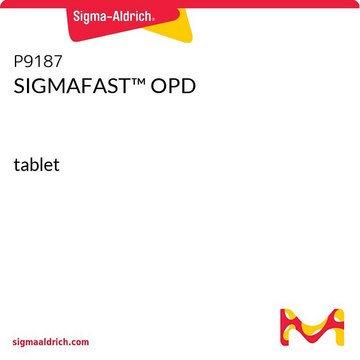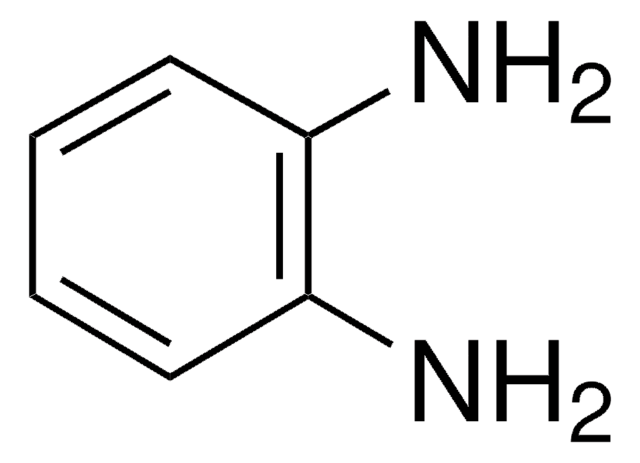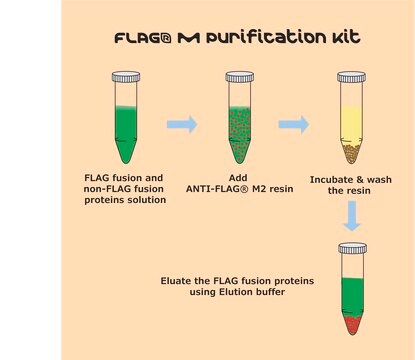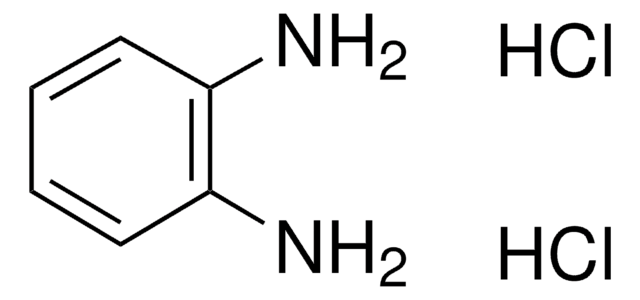OGS630
pSF-CMV-NEO-NH2-PPT-3XFLAG-COOH-Cmyc
plasmid vector for molecular cloning
Sinônimo(s):
cloning vector, expression vector, molecular cloning vector, plasmid, plasmid vector, snapfast vector, vector
About This Item
Produtos recomendados
recombinante
expressed in human cells
etiqueta
3X FLAG tagged
c-Myc tagged
Formulário
buffered aqueous solution
peso molecular
size 5973 bp
seleção de bactérias
ampicillin
Origem de replicação
pUC
clivagem do peptídeo
EKT
localização da etiqueta do peptídeo
C-terminal
N-terminal
Promotor
Promoter name: CMV
Promoter activity: constitutive
Promoter type: mammalian
Condições de expedição
ambient
temperatura de armazenamento
−20°C
Descrição geral
Aplicação
Sequência
Nota de análise
Outras notas
Informações legais
produto relacionado
Código de classe de armazenamento
12 - Non Combustible Liquids
Ponto de fulgor (°F)
Not applicable
Ponto de fulgor (°C)
Not applicable
Escolha uma das versões mais recentes:
Certificados de análise (COA)
Lamentamos, não temos COA para este produto disponíveis online no momento.
Se precisar de ajuda, entre em contato Atendimento ao cliente
Já possui este produto?
Encontre a documentação dos produtos que você adquiriu recentemente na biblioteca de documentos.
Nossa equipe de cientistas tem experiência em todas as áreas de pesquisa, incluindo Life Sciences, ciência de materiais, síntese química, cromatografia, química analítica e muitas outras.
Entre em contato com a assistência técnica
